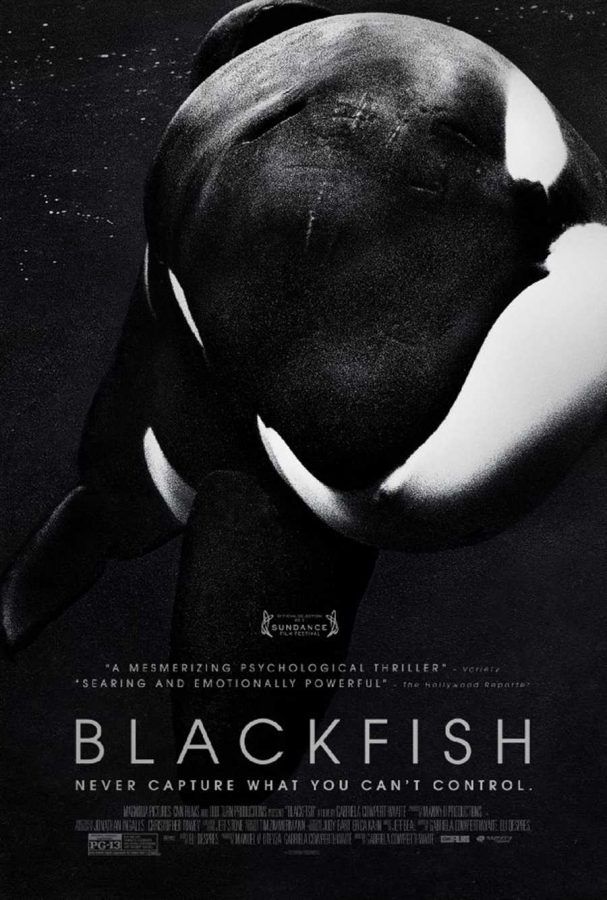‘Blackfish’ writer talks animals, tech
February 23, 2015
Activists and writers gathered at NYU’s Hemmerdinger Hall on Friday for the Digital Animals Conference. The conference was held to confront the unique set of problems that technology poses to animals, who participants argued are often ignored in the name of progress.
CAS junior Celia Salisbury, who majors in animal studies, considers collaborative nature of such events as a vital part of fomenting dialogue on animal rights.
“I think that New York is a central area for issues like this, and especially at NYU there’s a lot of people who are activists who have their own passions,” Salisbury said. “It’s a really good cause.”
Tim Zimmermann, the associate producer and writer of the documentary “Blackfish,” gave a personal account of journalism and the powers of digital activism. “Blackfish” is a narrative based on the captivity of killer whales in SeaWorld.
“What sparked my interest in animal welfare was the captive life of a killer whale and the welfare issues surrounding their lives in captivity,” Zimmermann said. “The more I thought about it, the more I thought, ‘Well why just killer whales?’ I became much more aware in thinking about animal welfare issues more broadly.”
For Zimmermann, the biggest technological threat to animal welfare is the food people choose to eat. He said the lack of public understanding regarding animal farming and food production has had a vast impact on animal protection.
“I think without doubt the biggest issue related to animal welfare is factory farming, where animals are living just unspeakably difficult and painful lives ending in slaughter for the consumption and production of cheap meat that we all eat,” Zimmermann said. “If you just consider the number of animals, the scale and suffering involved, it dwarfs pretty much all other animal issues.”
Both Zimmermann and Joanna Zelman, the executive editor of The Dodo, an animal welfare website that co-sponsored the event, argued that technological advances could also be used for animal protection.
“I think we are learning that there are digital risks, but there are also a lot of benefits to having technology,” Zelman said. “Now, we can hunt down poachers who are killing rhinos with drones and do medical research now that isn’t testing on animals.”
Zimmermann said social media has proven to be a highly effective way to promote animal issues, adding that a major component of the success of “Blackfish” was the reaction it received on sites like Twitter and Facebook.
“[Technology] is hugely powerful in exposing information and the reality of different experiences that animals have in terms of when they are used in human commerce and entertainment,” Zimmermann said. “Thinking about the “Blackfish” experience, there is no question that digital tools have had an enormous impact on SeaWorld and other marine parks.”
A version of this article appeared in the Monday, Feb. 23 print edition. Email Zoe Thompson at [email protected].













































































































































Mary Finelli • Feb 23, 2015 at 11:34 am
It’s wonderful that animals are at last getting such attention, such as this conference.
It’s true, the biggest problem confronting animals is the food that people choose to eat. It’s not solely factory farming that is the problem but animal agriculture in general and fishing.
Fish are by far the largest category of exploited animals, and, as science has shown, they, too, suffer fear and pain. They are caught or farmed in extremely cruel ways, and inhumanely killed.
It will be…